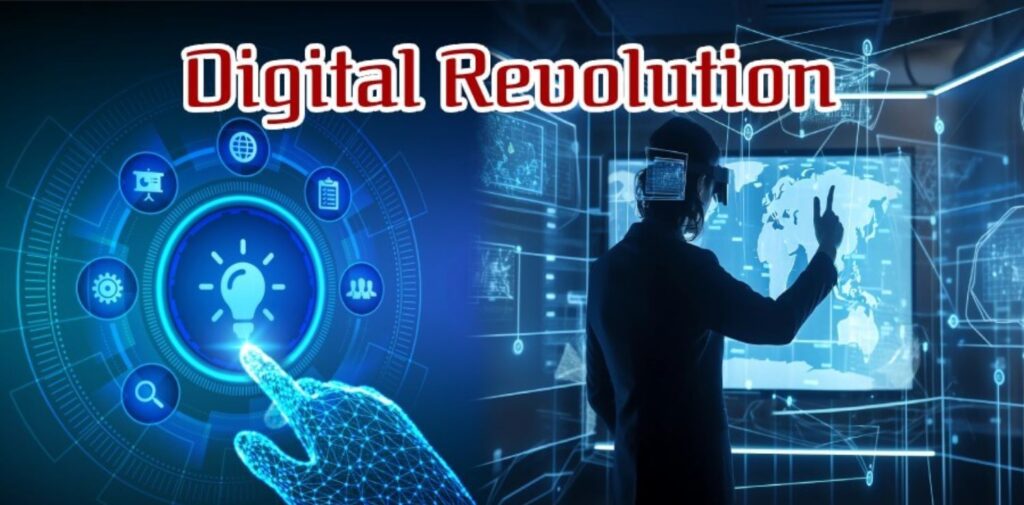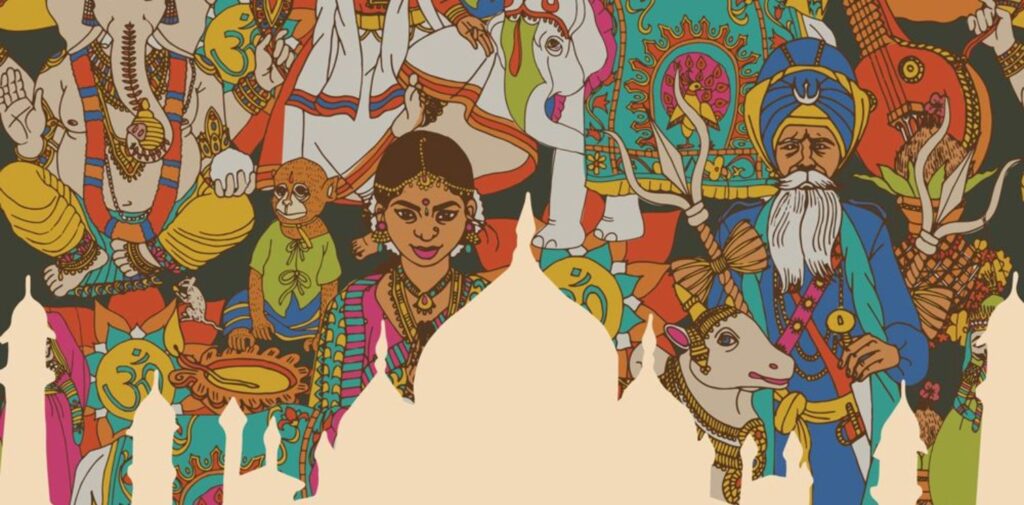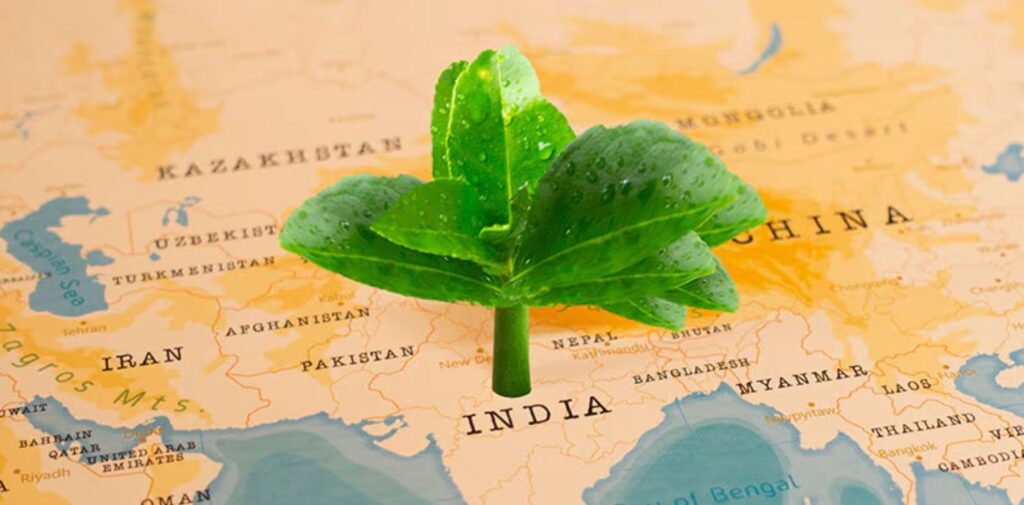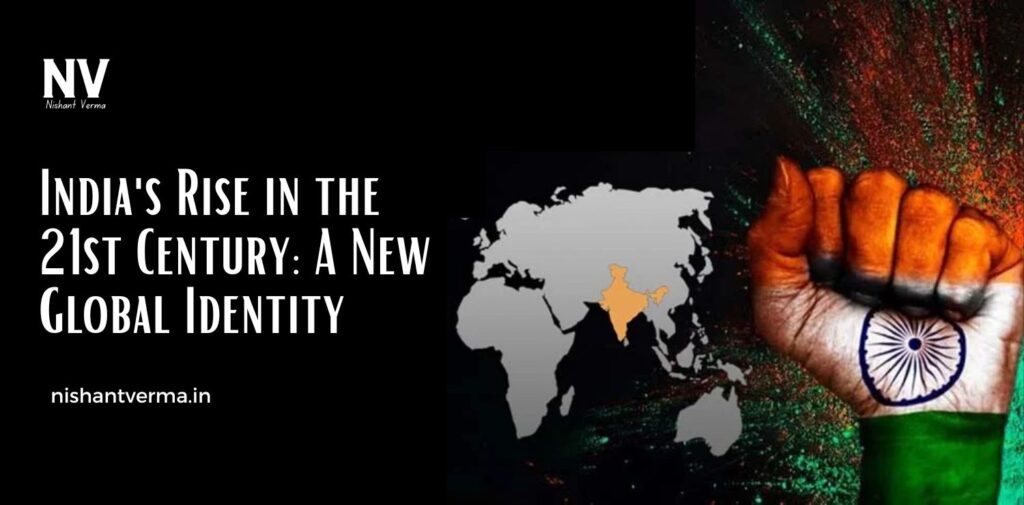India, a country with a rich history, diverse culture, and ancient traditions, is now standing tall on the global stage. As we move through the 21st century, India is redefining its identity and emerging as a key player in world affairs. With economic growth, technological advancements, and a vibrant democracy, India is asserting itself as a nation that is not only proud of its past but also ambitious about its future. This article explores a New Global Identity for India and what that means for the country and the world.
Economic Growth and the Emerging Superpower
In recent decades, India’s economy has undergone a remarkable transformation. From being a predominantly agrarian society, India is now one of the world’s fastest-growing major economies. The country’s GDP has seen a significant rise, and India is projected to become the third-largest economy in the world by 2030, behind China and the United States.
A major factor driving this growth is India’s booming service sector, particularly in information technology (IT), business process outsourcing (BPO), and software development. The rise of India’s middle class has also opened up new markets and opportunities, making India an attractive destination for foreign investments. The government’s focus on “Make in India” and other initiatives to boost manufacturing, infrastructure development, and digitalization has further accelerated the country’s economic progress.
As India continues to grow, it is reshaping its global identity not just as an emerging economy but as a key player in the global economic landscape. India’s economic strength is increasingly being recognized and respected by the world, and it is positioning itself as a vital partner in global trade and commerce.

Technological Advancements: The Digital Revolution
India is becoming a global leader in technology and innovation. The country’s strides in the digital space, particularly in the areas of e-commerce, fintech, and digital payments, are noteworthy. The success of companies like Infosys, TCS, Flipkart, and Paytm demonstrates India’s capacity for technological innovation and entrepreneurship.
The government’s push for “Digital India” is a major catalyst in this transformation. It aims to provide universal access to digital infrastructure, promote digital literacy, and ensure that government services are accessible online. With the rapid adoption of smartphones and the expansion of internet connectivity across the country, India is witnessing a digital revolution. This has opened up new avenues for entrepreneurship, education, healthcare, and governance.
Furthermore, India’s space program has made significant strides, with the Indian Space Research Organisation (ISRO) successfully launching missions like the Mars Orbiter Mission and the Chandrayaan series. These accomplishments have enhanced India’s global standing in science and technology, making it one of the leading space-faring nations in the world.
Cultural Influence: Soft Power and Global Outreach
India’s cultural identity is one of the most important aspects of its global presence. The country’s rich heritage, which includes its art, music, dance, cinema, and literature, has been appreciated worldwide for centuries. However, in the 21st century, India’s cultural influence has grown exponentially, and it is now considered a major source of soft power.
Bollywood, India’s film industry, is one of the largest and most influential in the world. With its colorful storytelling and unique musical style, Bollywood has captured the hearts of millions globally, from the Middle East to Africa to Southeast Asia. Indian cuisine, yoga, and traditional practices like Ayurveda have also gained widespread popularity across the world, further cementing India’s place as a global cultural hub.
The Indian diaspora, which numbers over 30 million people worldwide, plays an essential role in this cultural outreach. Indians living abroad serve as ambassadors of Indian culture and values, contributing to the country’s growing influence in international affairs.
India’s ability to blend its traditional cultural values with modern innovation is helping it build a global identity that is both forward-looking and rooted in its rich heritage.

A Vibrant Democracy: Political Stability and Global Leadership
India’s democracy is one of the largest and most diverse in the world. The country’s political system, based on the principles of justice, liberty, equality, and fraternity, provides a stable foundation for its growth and progress. In an era where many countries face political instability and authoritarianism, India’s commitment to democratic values stands out.
India has also played a prominent role in international organizations such as the United Nations, the World Trade Organization, and the BRICS group, which includes Brazil, Russia, India, China, and South Africa. The country’s active participation in these global forums reflects its desire to shape global policies and contribute to solving major challenges, such as climate change, poverty, and security.
Furthermore, India has emerged as a crucial player in geopolitics. It is strengthening its ties with major global powers like the United States, Japan, and the European Union while also fostering closer relations with its neighbors in South Asia. India’s strategic position in the Indo-Pacific region, along with its growing military capabilities, is making it a key partner in maintaining regional and global security.
Sustainability and the Future of India’s Global Role
As India continues to grow, it faces a range of challenges, including environmental sustainability, social inequality, and the need for continued economic reforms. However, the country is also making strides in addressing these issues, and its approach to sustainable development is a key element of its evolving global identity.
India has committed to ambitious goals in the fight against climate change, including a transition to renewable energy sources like solar and wind power. The country has set targets for reducing carbon emissions and increasing the share of clean energy in its power generation mix. India is also investing heavily in electric mobility, smart cities, and sustainable agriculture.
In addition to these environmental efforts, India is focused on improving the quality of life for its citizens through inclusive economic growth, better healthcare, and education. The government’s initiatives to promote entrepreneurship, support women’s empowerment, and reduce poverty are central to its vision of a sustainable and equitable future.

Conclusion: A New Global Identity for India
In the 21st century, India is reinventing itself and asserting its place in the world. With its rapidly growing economy, technological innovations, cultural influence, and political leadership, India is emerging as a nation with a strong and influential global identity. At the same time, it remains deeply rooted in its values and traditions, offering a unique blend of ancient wisdom and modern dynamism.
India’s journey is far from over, and as it continues to grow and evolve, it will play an increasingly important role in shaping the future of the world. Whether through its economic contributions, its leadership in global governance, or its cultural outreach, India is redefining what it means to be a global power in the 21st century. As the country moves forward, it will continue to inspire and influence the world in ways that are both profound and lasting.




